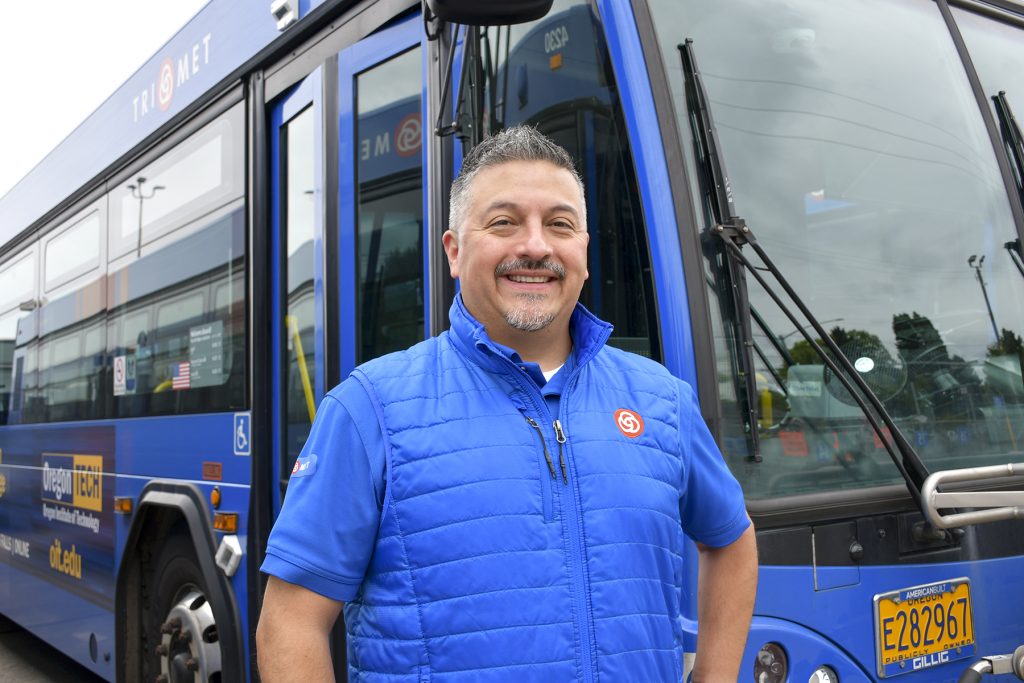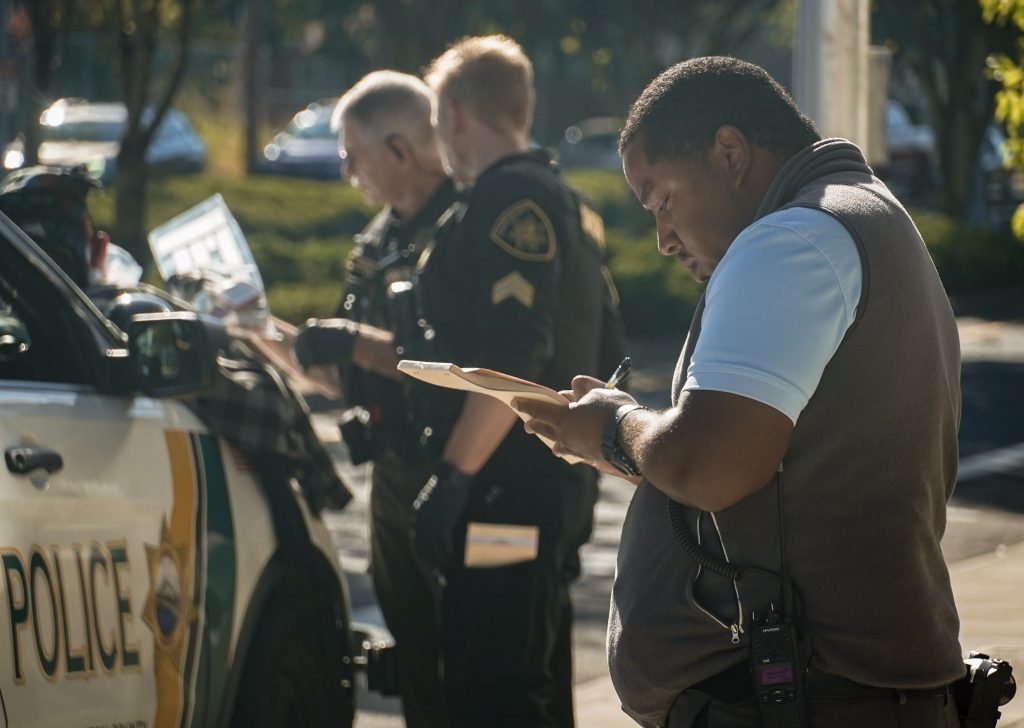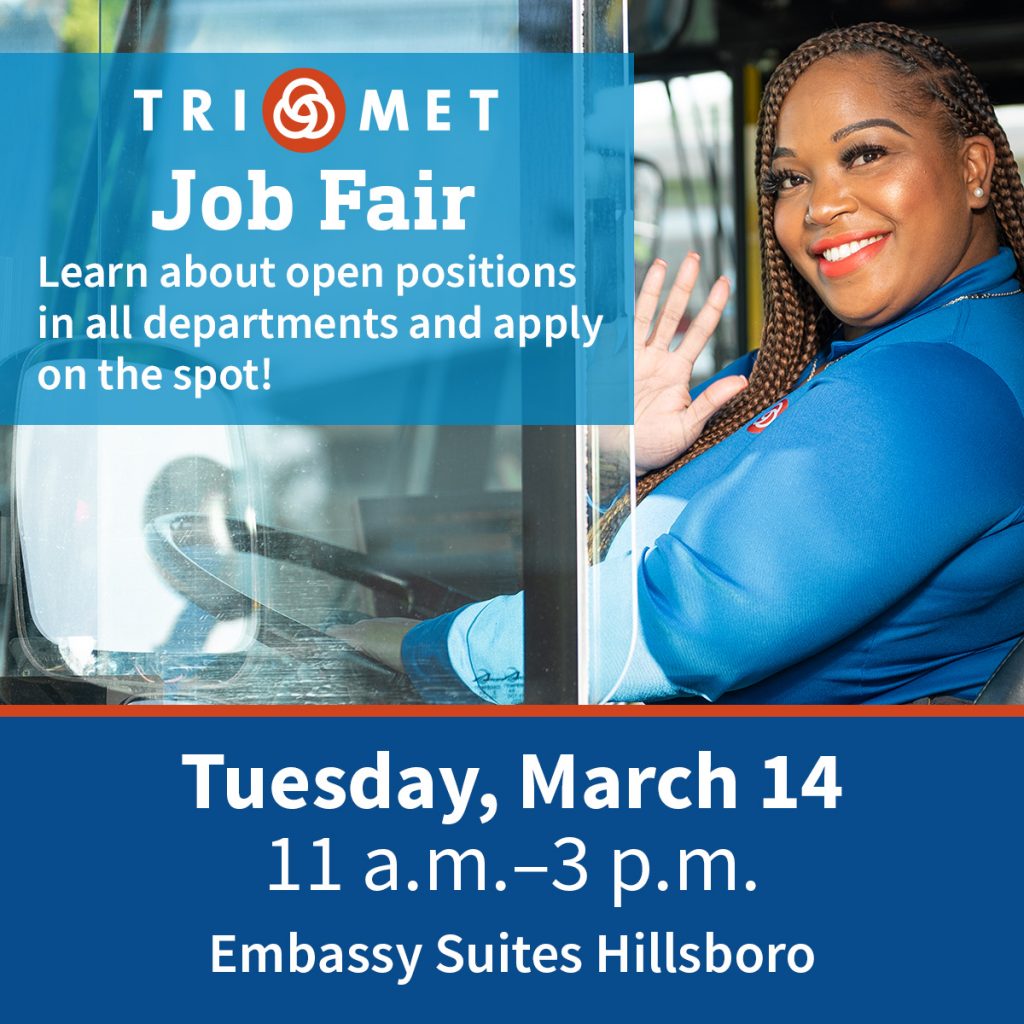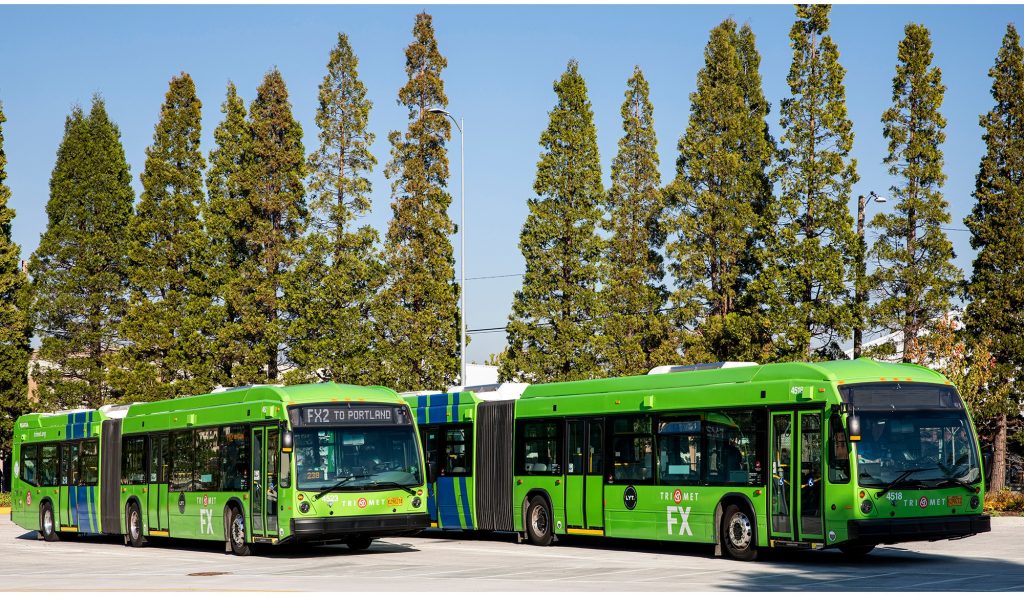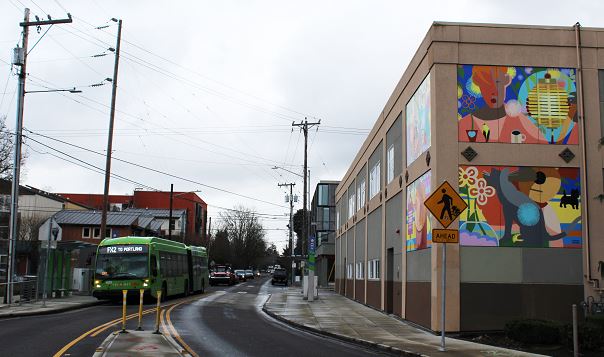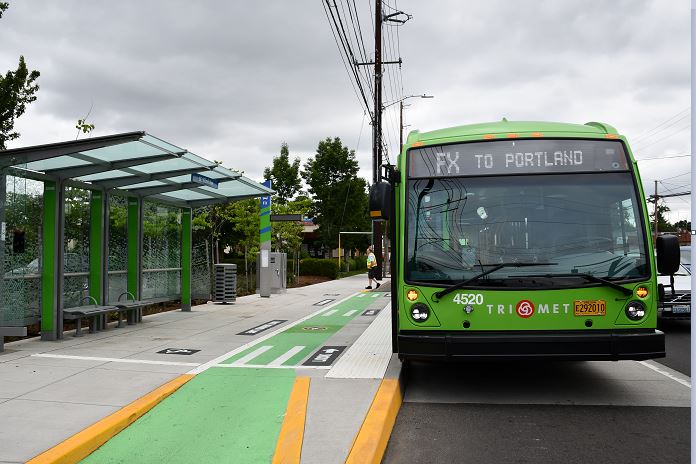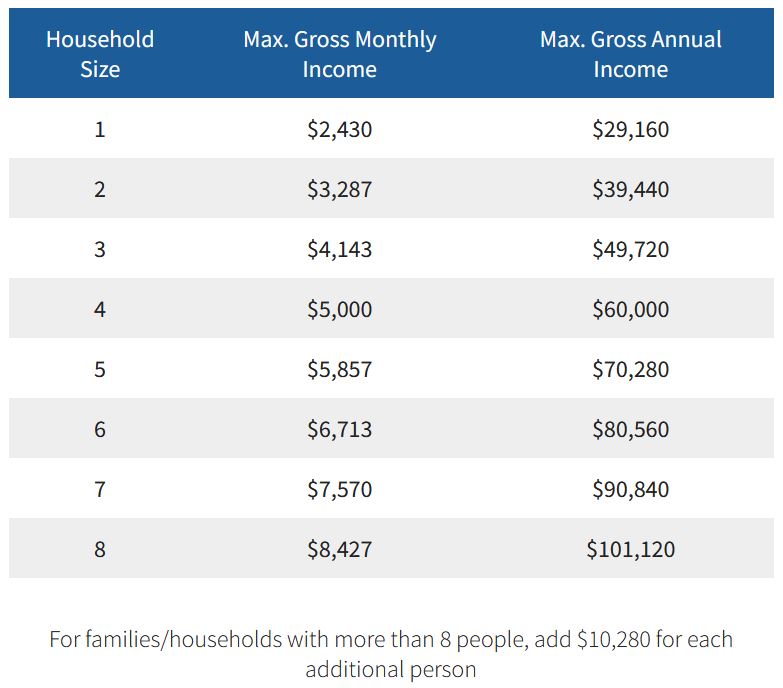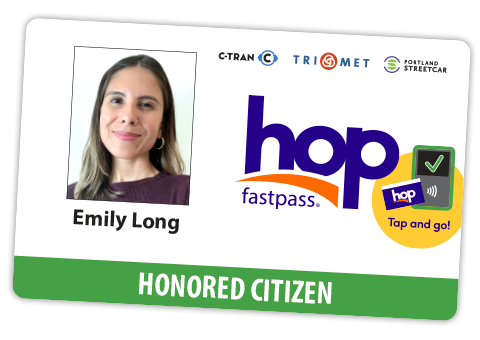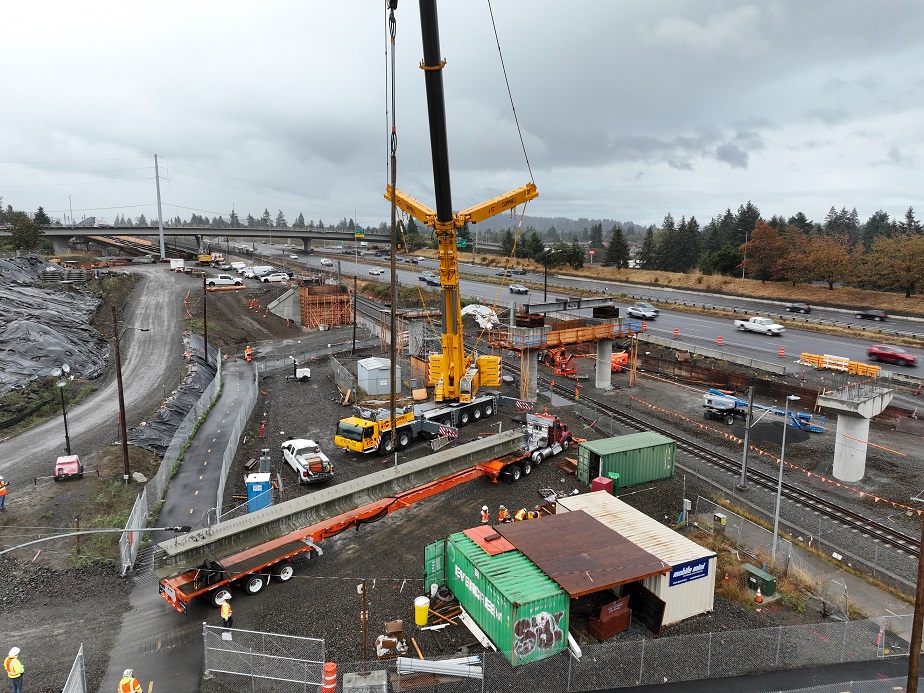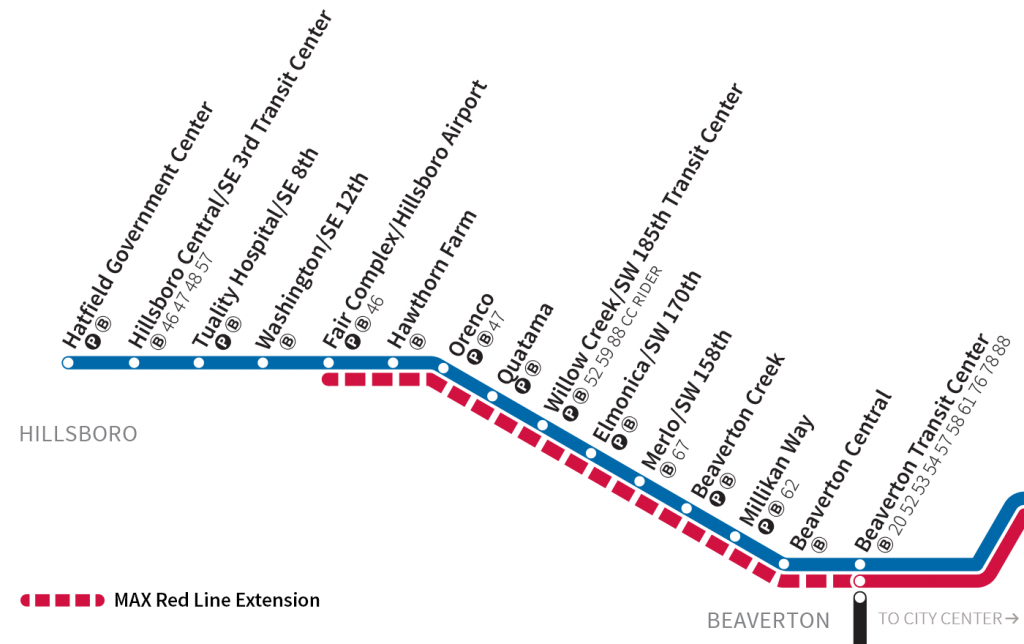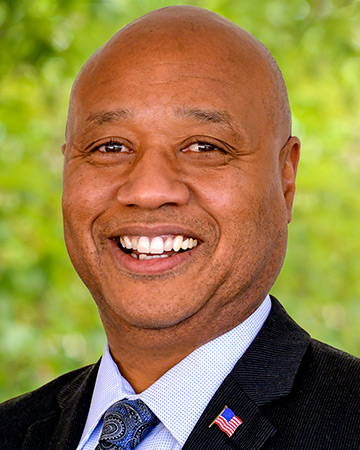Track work at the Gateway Transit Center will last from April 16 through May 6, disrupting service to MAX Blue, Green and Red lines
Plan a three-week disruption to the MAX Blue, Green and Red lines starting next month. The MAX system will be disrupted between Gateway Transit Center and NE 7th Avenue MAX Station from Sunday, Apr. 16, through Saturday, May 6, with no Green or Red line trains running west of Gateway during that time. This is to allow work on a critical part of TriMet’s A Better Red MAX Extension, Reliability and Improvements Project. The project recently passed its 50% construction milestone and is on track to be fully completed by September 2024.
Crews will be performing a series of construction and maintenance projects during the three-week shutdown. The main work will be putting in new track at the Gateway Transit Center for A Better Red. During the disruption, shuttle buses will run about every five minutes, serving stations between the Gateway Transit Center and NE 7th Avenue Station. The MAX Green and Red lines will be further disrupted, with Green Line trains only running between Gateway and Clackamas Town Center and Red Line trains only serving stations between Gateway and Portland International Airport.
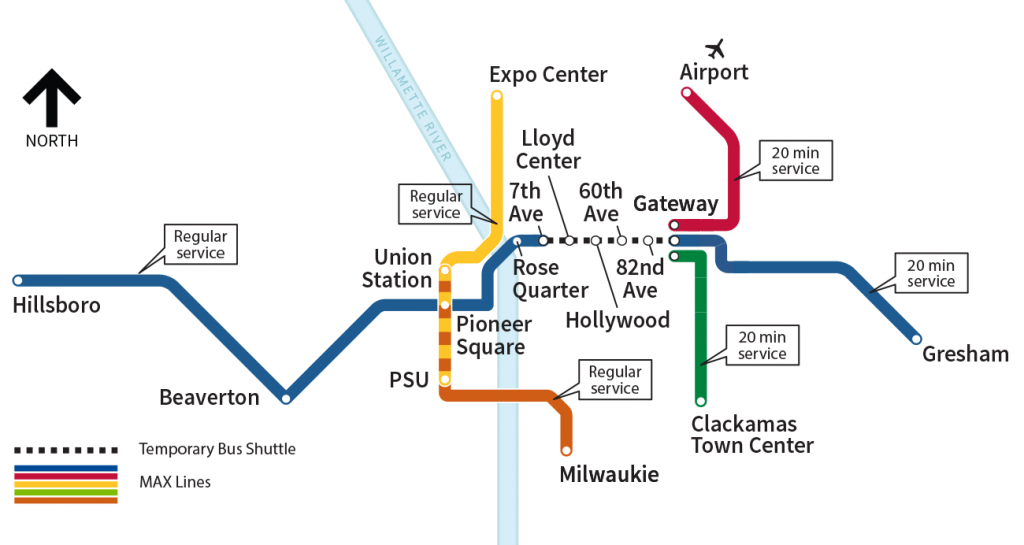
We encourage riders to plan their trips in advance and consider taking other bus lines or biking and walking, as trips will take an extra 30 minutes during the disruption. You can plan your trip now at trimet.org. To learn more about getting around the disruption, go to trimet.org/improvements.
Construction will involve installing what is known as “special trackwork”— track that’s been made to move trains from one set of tracks to another, such as “crossovers” or “turnouts.” TriMet’s special trackwork will be a key component of A Better Red, helping to tie the Gateway Transit Center to the new Gateway North MAX Station, set to open in the spring of 2024.
‘Special trackwork’ sets up connections
There’s nothing ho-hum about railroad tracks. Just think about the MAX system: 92,000-pound vehicles gliding along a rail that’s less than two inches wide at speeds approaching 55 mph. That feat of engineering ingenuity has gone more or less unchanged for more than 200 years. So it’s not as if your common railroad track isn’t special, it’s just that some are extra special.
What makes it extra special is that it deviates, in some small-but-important ways, from our traditional track, and it serves a particular function. In the case of TriMet’s special trackwork, curvature has to be added into a part of the track and turnouts so they will all fit precisely together. Due to its special nature, this curved track had to be built to specifications at facilities in Birmingham, Ala., and Cheyenne, Wyo. It was built of entirely American-made materials, as A Better Red is partially funded by the Federal Transit Administration.
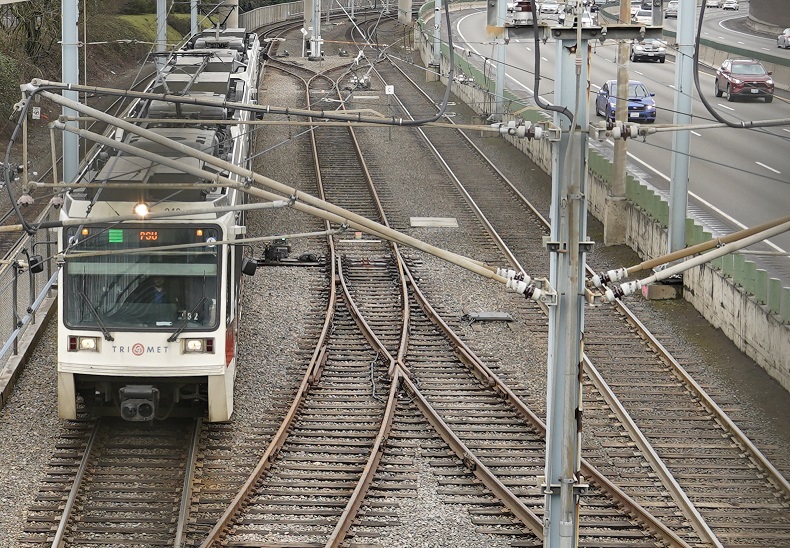
With Gateway Transit Center being the confluence of MAX Blue, Green and Red line trains, the construction will affect those lines west across the system. TriMet crews will make the most of this three-week shut down by performing maintenance work and upgrades at and around the Hollywood Transit Center. There, crews will be replacing rail and ties that are part of the original MAX Blue Line, built in 1986.
A Better Red

A Better Red is among our largest undertakings in years. A multi-year project, set to complete in fall 2024, it will extend the MAX Red Line west to serve 10 more stations in Beaverton and Hillsboro. The project also improves schedule reliability for the entire MAX system by adding a second track near both Portland International Airport and Gateway Transit Center, keeping trains moving. At Gateway, new bridges are being constructed for this second track, spanning I-84, the I-205 multi-use path and existing tracks.
For more information about A Better Red, including a timeline of key milestones, go to trimet.org/bettered.

